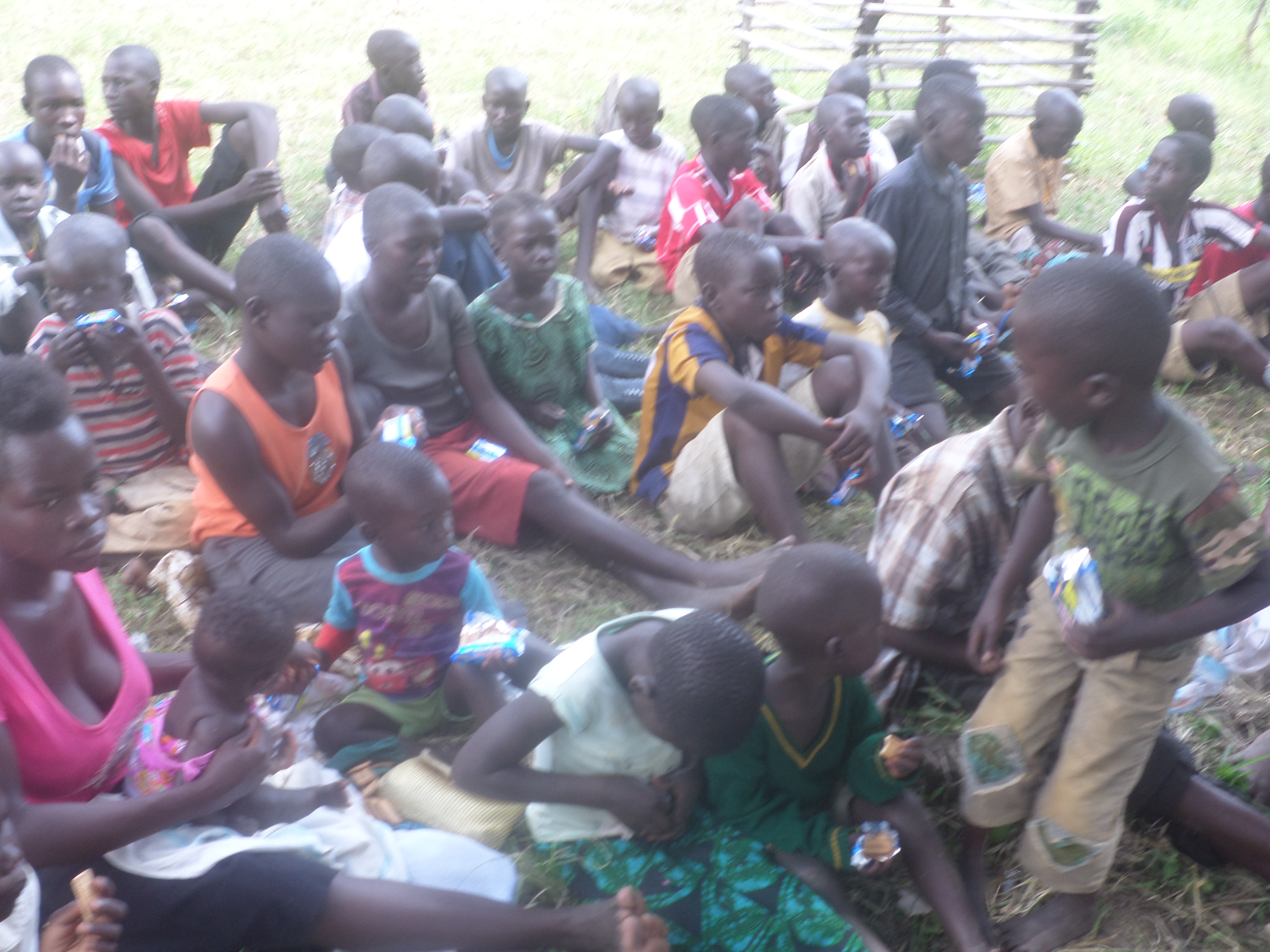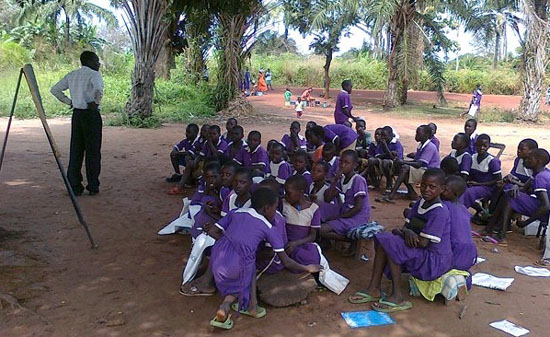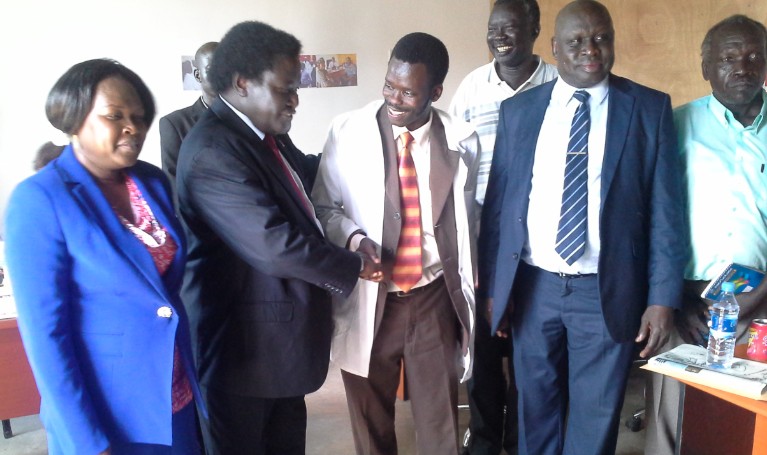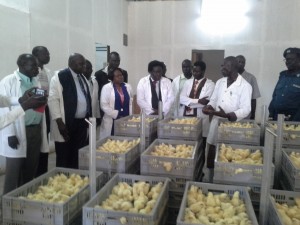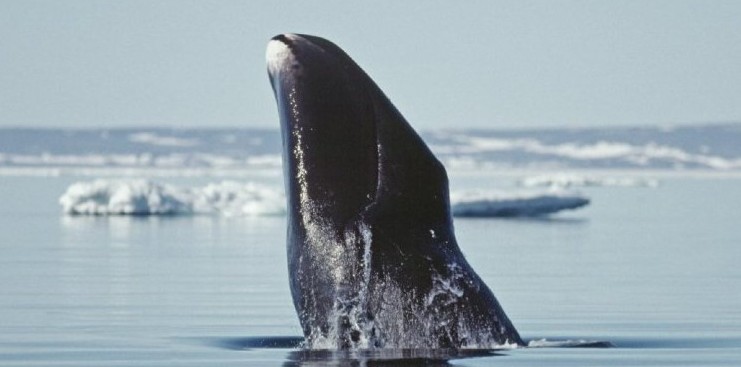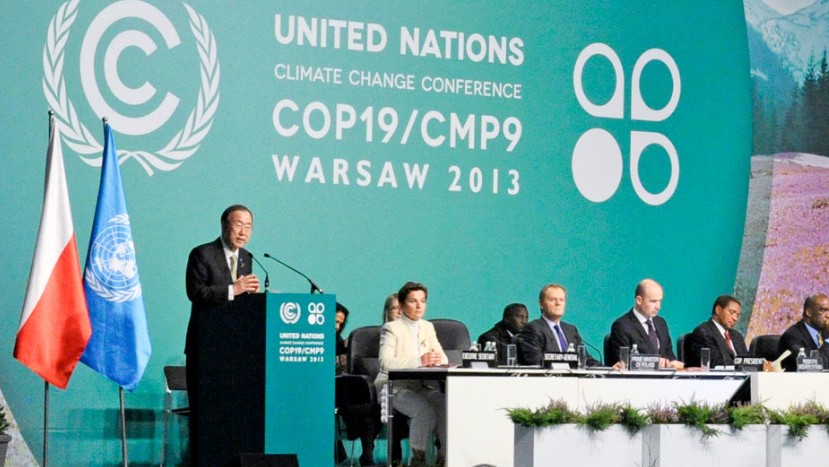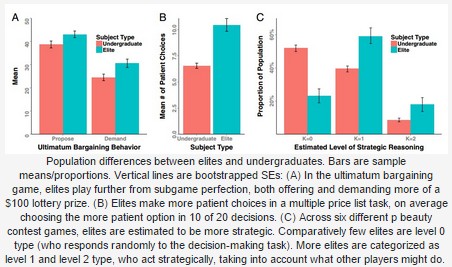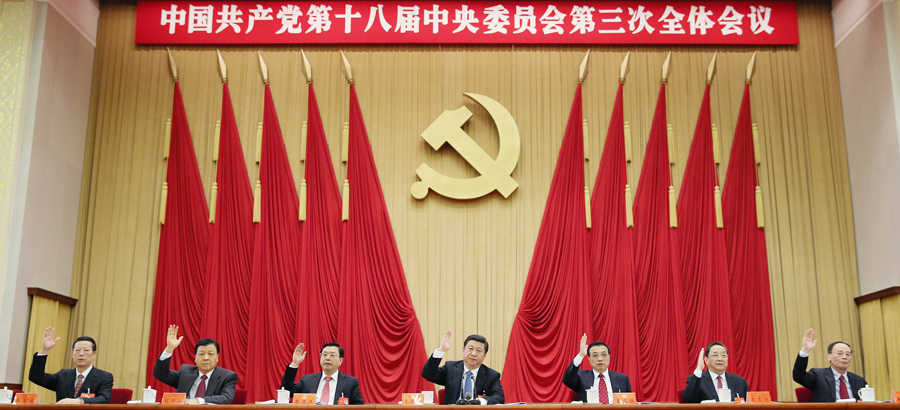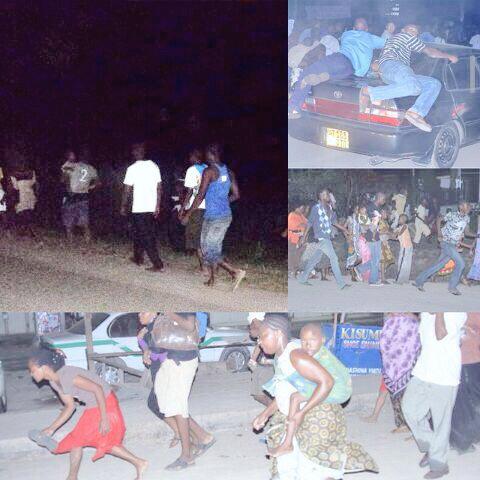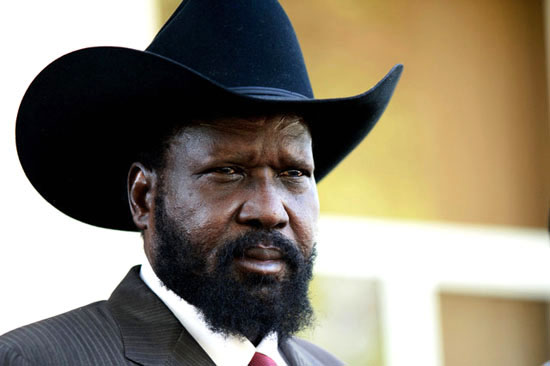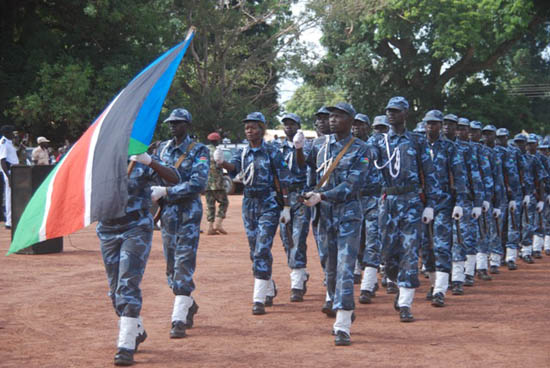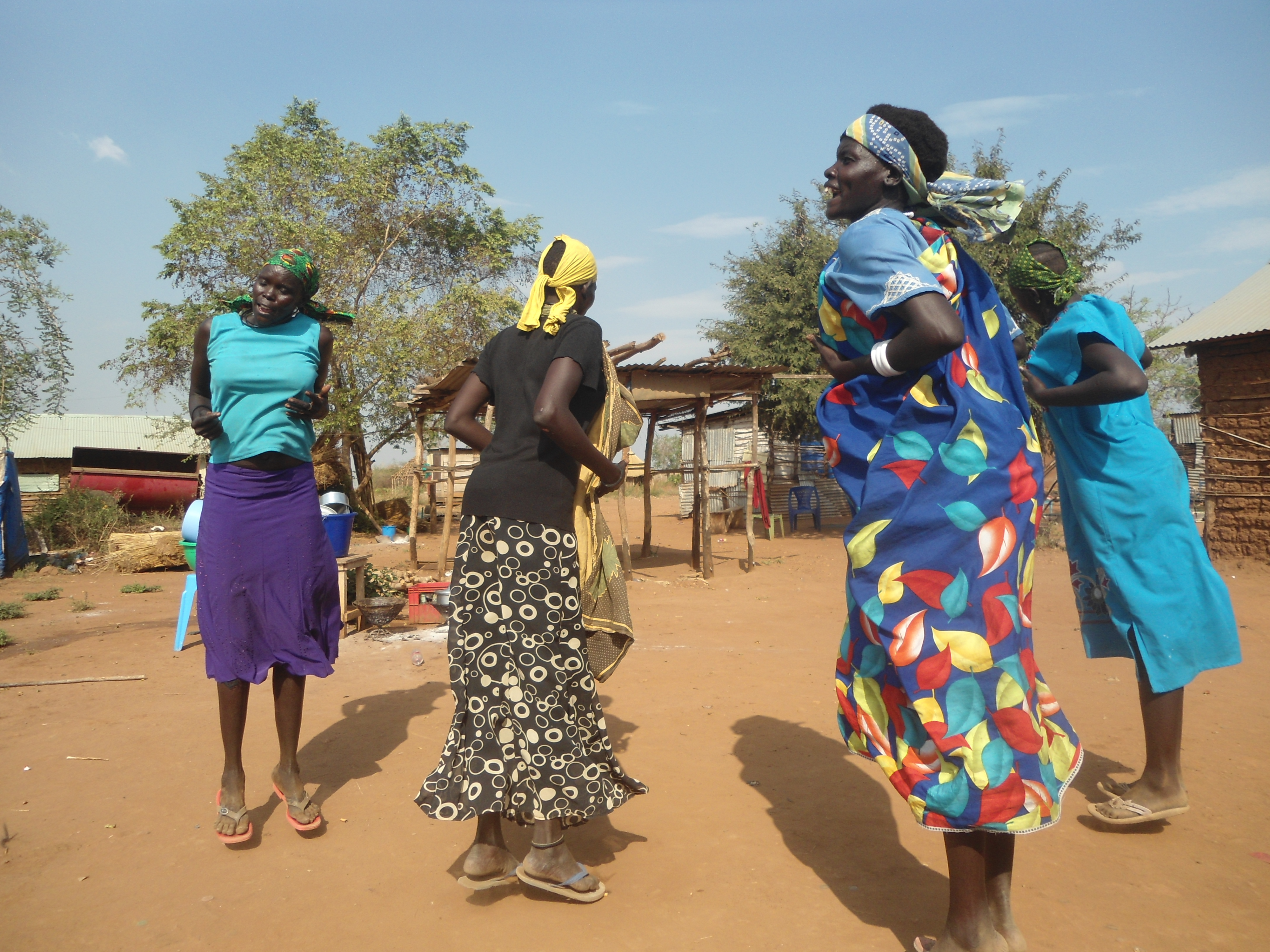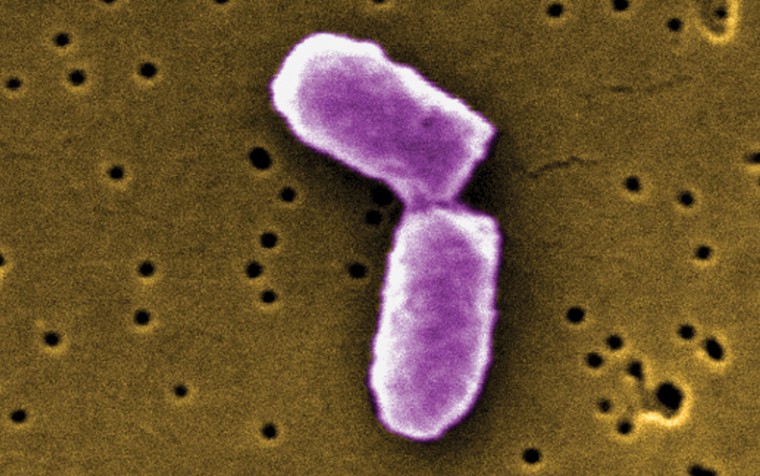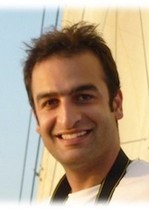JUBA, South Sudan – The people of Moyo and Kajo-Keji County of Central Equatoria state have been told to remain patient as a lasting solution is being found leading to the demarcation of the contentious border areas.
This follows a ministerial meeting of the two ministers of internal affairs of Uganda and South Sudan together with officials from both countries convened at Crown Hotel in Juba.
Aronda Nyakairima, the minister of internal affairs of Uganda who led the Uganda delegation, said in 2009 that Kiir and Museveni met on the border and a decision was taken action on which the people of Moyo and Kajo-Keji are now asking.
Nyakairima appealed to the people to remain calm as a solution to the border row is going on by leadership of the two countries.
“As we wait, we must ensure that there is no provocation, escalation instead of de-escalation. We create an enabling environment for peaceful co-existence by keeping matters until a solution is got.”
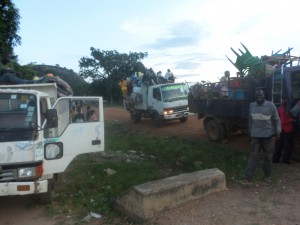 “Up to now the people of Kajo-Keji and Moyo are still waiting and asking where is the decision, and we are telling them to be patient and they are asking how long are we going to be patient?” he said.
“Up to now the people of Kajo-Keji and Moyo are still waiting and asking where is the decision, and we are telling them to be patient and they are asking how long are we going to be patient?” he said.
He said other people have become speculators especially now with the discovery of oil. “Everybody who looks at something say there is likely to be oil and I need to occupy this land because you never know.”
According to him, the development of minerals is a major industry, which makes people wanting to occupy areas add the attachment to the value of land to all of the people, has never been serious as it is now.
Nyakairima assured the people of both areas that work is going on and is to be executed by technical people–not the politicians.
“You hear elders saying that I know the border, do not waste my time. No, this is state-state border. Either it is determined at Berlin conference at midnight.”
On the conflict between the government and the SPLA opposition rebels, the minister said Uganda and the entire region is on the side of the search for peace and stability.
“You have a conflict going on. We are together in it to find a solution,” Nyakairima added.
He said that at the meeting at Crown Hotel in Uganda that they were having issues with trade, and said the ambassador would follow it up as Nyakarima called for removal of barriers to trade.
On immigration, he said the governments of Uganda and South Sudan were yet to harmonize immigration services.
South Sudan Interior Minister Aleu Ayeng Aleu said the demarcation is to be handled by a technical committee from both sides.
“We need patience and the people of Moyo and Kajo-Keji to go back to their traditional relations as same people.”
He also said there are several border issues and others with Kenya adding it is the work of the government to address warnings against taking the law into the hands of the local people, “It is important that there is cooperation.”
Speaking to the New Nation, Janga Duku, an MP from Kajo-Keji, said the meeting captured important areas that led to the conflict.
“The resolutions if implemented will pacify the area. The resolutions by Presidents Kiir and Museveni will be followed up if implemented or not.”
He said the two communities of Moyo and Kajo-Keji in selecting a committee of elders to sit and identify their ancestral land was important.
According to him, it is a positive resolution which bars eviction of people both South Sudanese and Ugandans regardless of the demarcation.
Resolutions reached in the meeting were revisiting the directives of the two presidents, provision of the report on the border clashes by the two IGPs, joint border patrols in the contentious issues, regular border meetings by elders from Moyo and Kajo-Keji and border demarcation to be effected.
The conflict between communities in Kajo-Keji County and Uganda’s Moyo district left almost 12,000 South Sudanese refugees displaced and forced to return to South Sudan.
By Moi Julius
